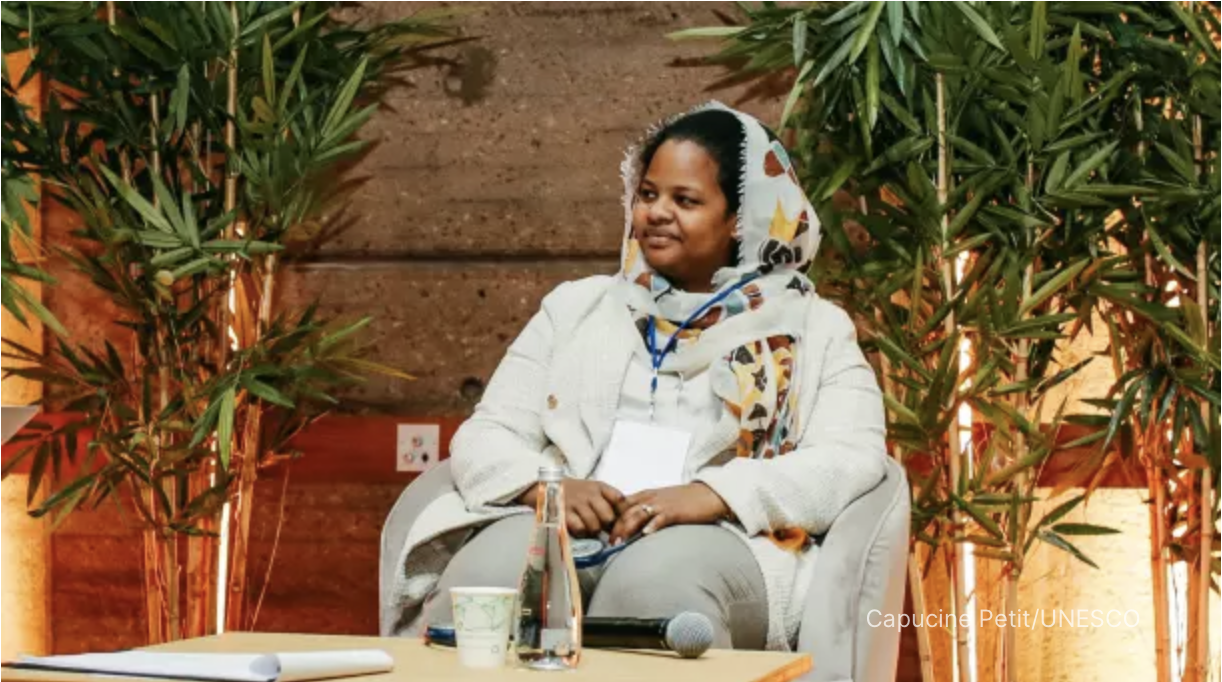
Climate emergencies are not gender neutral. In fact, the degradation of the planet’s natural systems has a disproportionate effect on women and girls.
It is estimated that 158 million women and girls are pushed into poverty as a direct result of climate change, 16 million more than the total number of men and boys.
Climate extremes exacerbate existing inequalities and power dynamics that reinforce restrictive gender norms and stereotypes. This means women and girls are even less likely to access necessary resources and services and are more vulnerable to multiple forms of gender-based violence. As many as 80 per cent of those displaced by climate change and natural disasters are women and girls. They are also 14 times more likely to die in the aftermath of a natural disaster.
A paradigm change is needed to redress the current situation. Our global response to the climate crisis will not be effective unless women are in the driving seat, ensuring that mitigation and adaptation measures are inclusive and leave no one behind.
Yet when it comes to women’s leadership, the evidence paints a dismal picture. Women are largely under-represented in decision-making positions at all levels, including in the field of climate change. Only 15 out of 133 world leaders participating in the COP 28 were women, similarly to previous years.
In response to unprecedented environmental threats, UNESCO's International Day of Women in Multilateralism became a platform for leaders, scientists, and activists to spotlight the vital link between climate change and gender disparities. The third celebration, endorsed at the UNESCO 41st General Conference, unfolded at UNESCO's Paris Headquarters on January 25, 2024. This distinguished gathering of global leaders, scientists, and activists created a space for reflection, advocacy, and engagement, addressing the interconnected challenges of climate change and gender inequalities.
To keep reading, please visit UNESCO.org
Source: UNESCO
 Welcome to the United Nations
Welcome to the United Nations